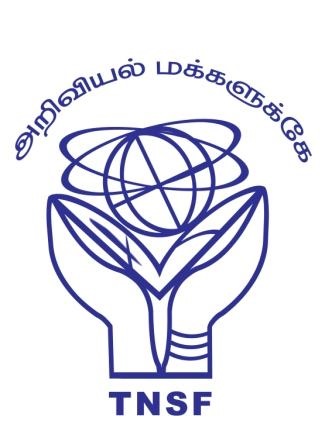About Program

This is part of its efforts to popularize science to the general public and students who are pursuing science as their career. TNSF attempt to focus on students on higher science as everyone knows that learning of science at college within the curriculum is not enough to acquire holistic knowledge of science at the appropriate time. Hence, to fill the gap between what students are acquiring through the curriculum and what it is required, TNSF is planning its activities on higher science to students who are pursuing higher education.

About the Lecture Cancer is the second leading cause of death globally and it continues to be a worldwide killer, despite the enormous amount of research and rapid development during the past decades. Cancer cases are stupendously increasing in India. The Indian Council of Medical Research (ICMR) estimated that there will be a 12% rise in cancer cases in India from 2020 to 2025. Among other lethal malignancies, cervical cancer affects about 6,60,000 women and kills almost 3,50,000 women every year. Cervical cancer poses a severe threat in both developed and developing countries, raising the global public health concern. The 5-year survival rate of cervical cancer diagnosed at early stage is 91% that falls to 60% when it spreads to nearby tissues and it further drops to 19% for distant metastasis. The infection with human papillomavirus (HPV) is the “first hit” in the initiation of cervical cancer, however, not all HPV infections progress to cancer. It requires a “second hit” that is activation of a key cell signaling pathway called “Wnt/β-catenin signaling pathway”, that contributes to the malignant transformation of the cervical cells. The currently available therapies for cervical cancer include surgery, chemotherapy, radiotherapy, immunotherapy and targeted therapy. Most of these therapies target the actively dividing cancer cells but do not kill the specialized and quiescent cells referred as “Cancer Stem Cells (CSCs)”. These CSCs confer drug resistance and contribute to metastasis and cancer relapse. The Wnt/β-catenin signaling pathway regulates the CSCs, and therefore, therapies targeting this pathway could eradicate these CSCs and can effectively treat the cervical cancer. Our studies using small interfering RNAs (siRNAs) and small molecule inhibitors targeting this Wnt/β-catenin pathway provide a lead and potential therapeutic approach for the treatment of metastatic cervical cancer.
